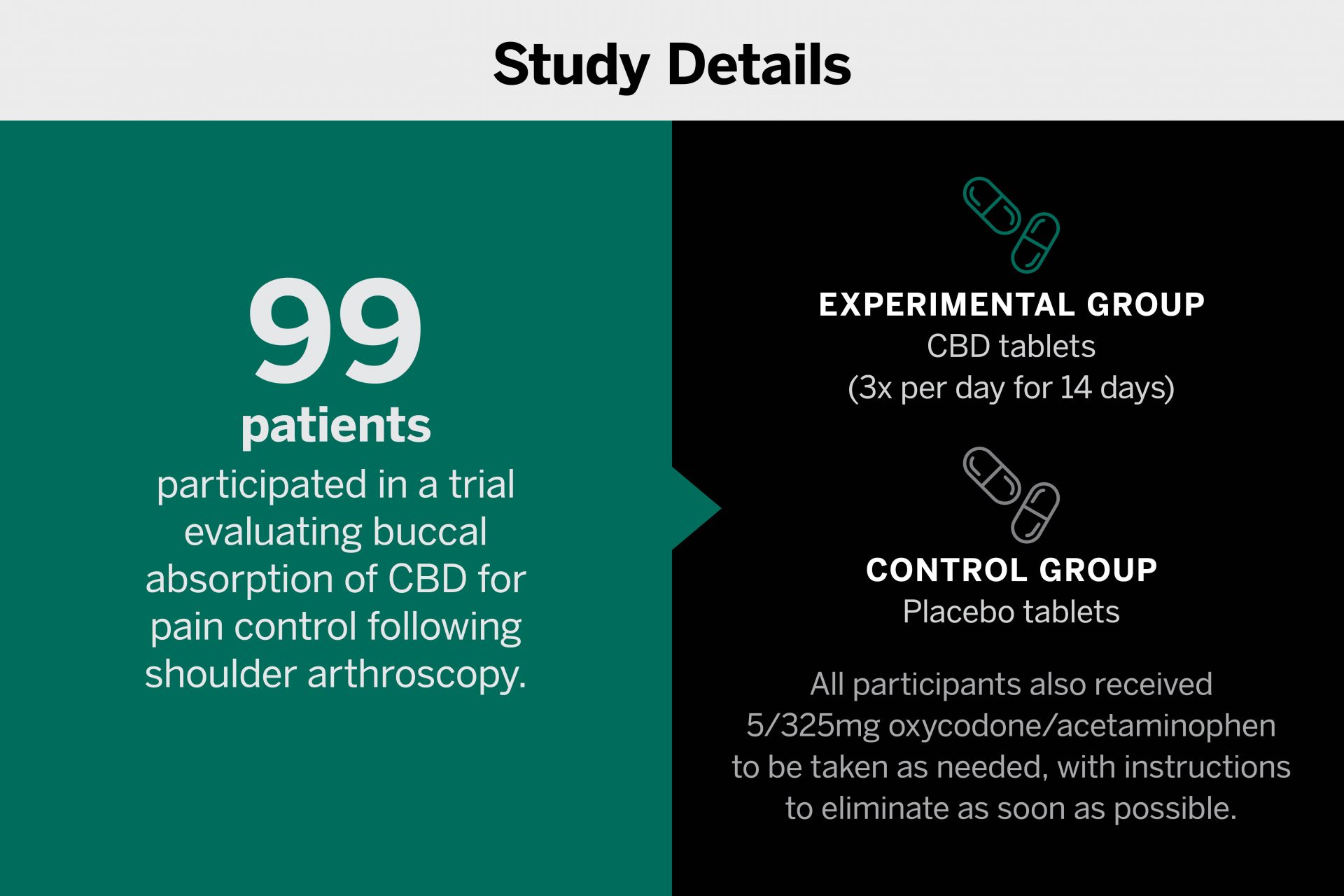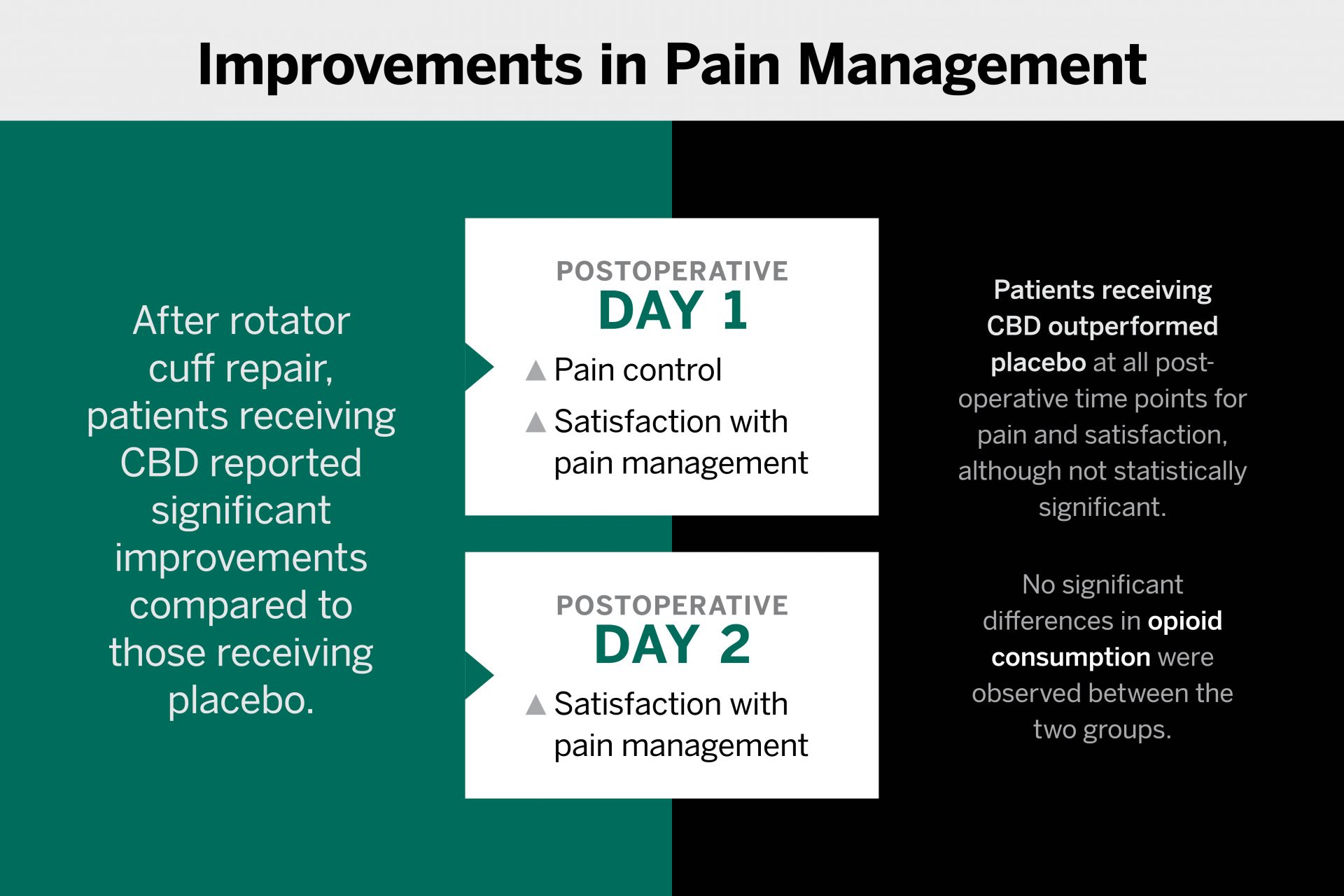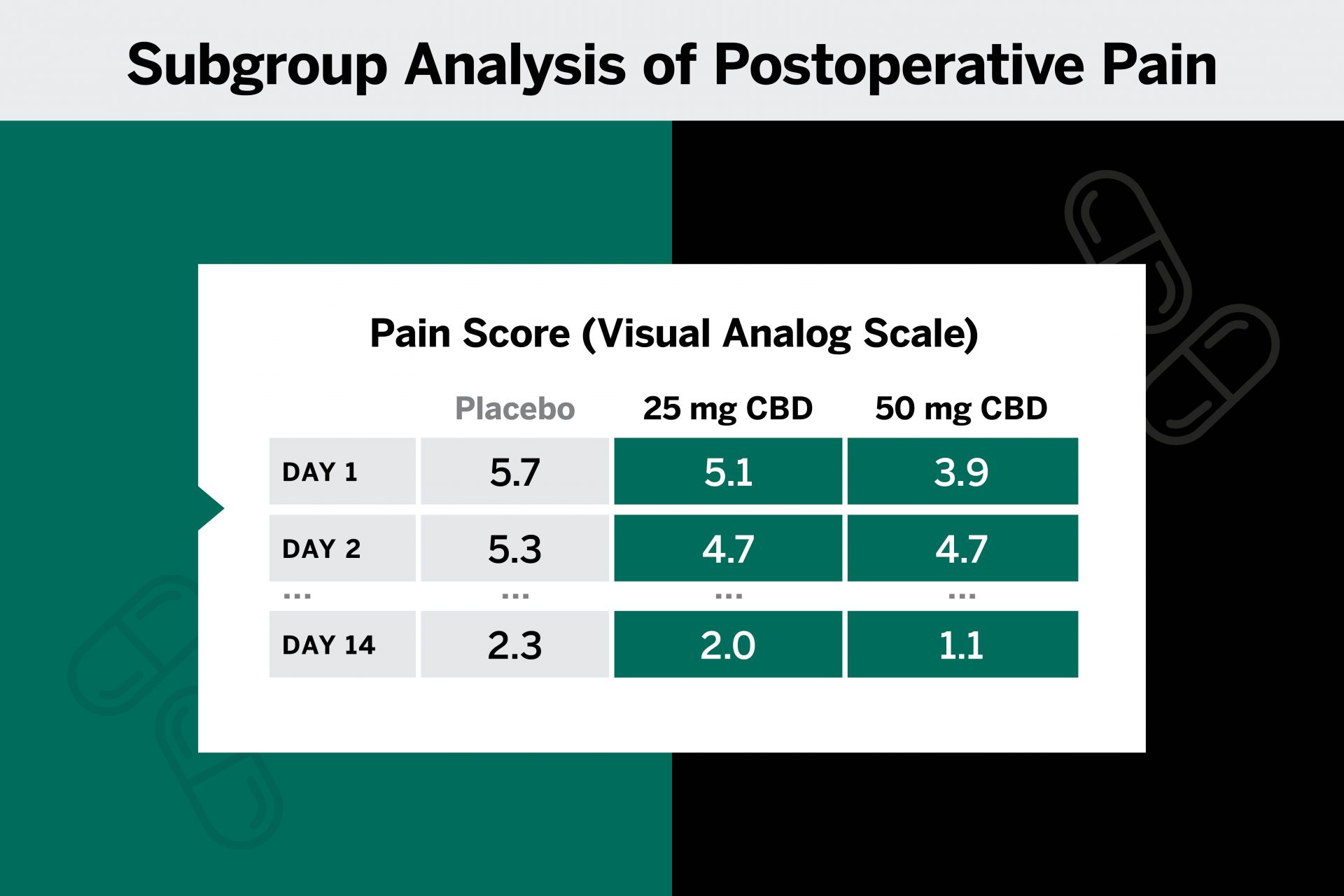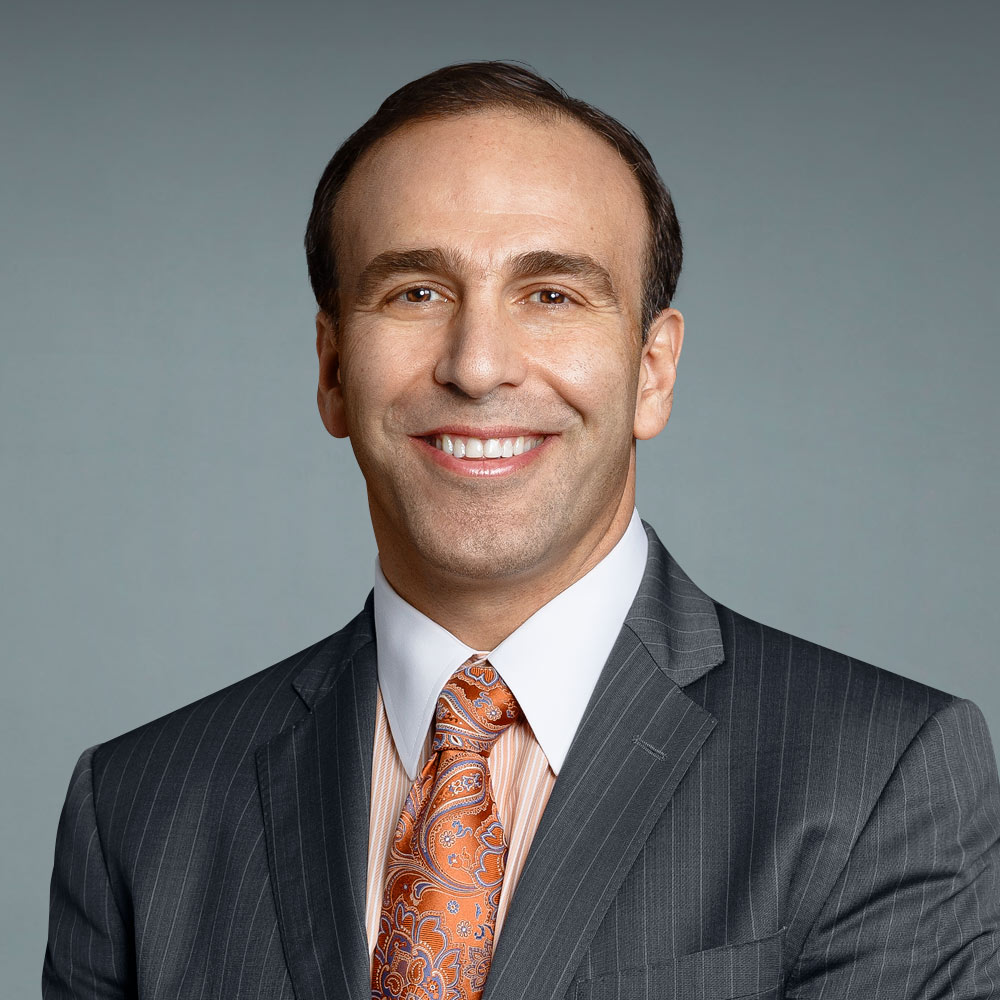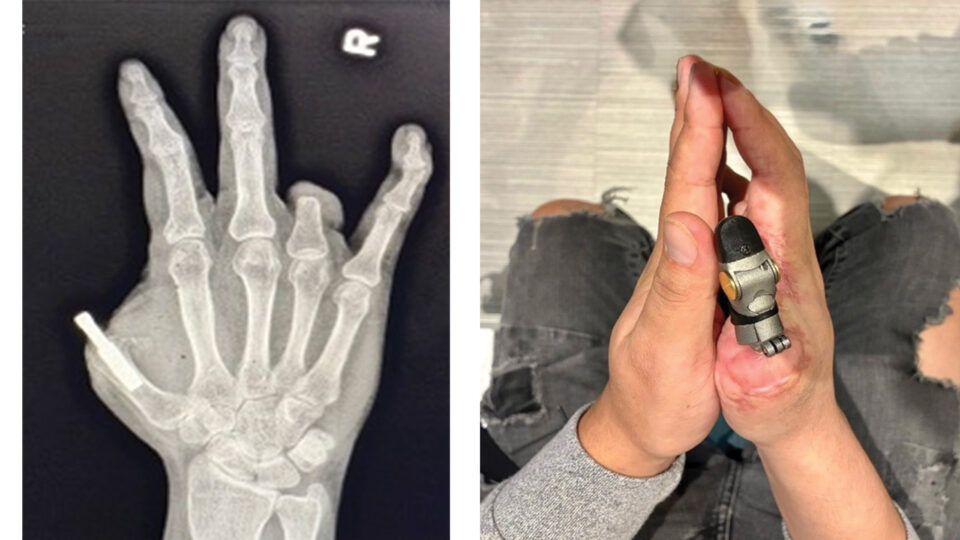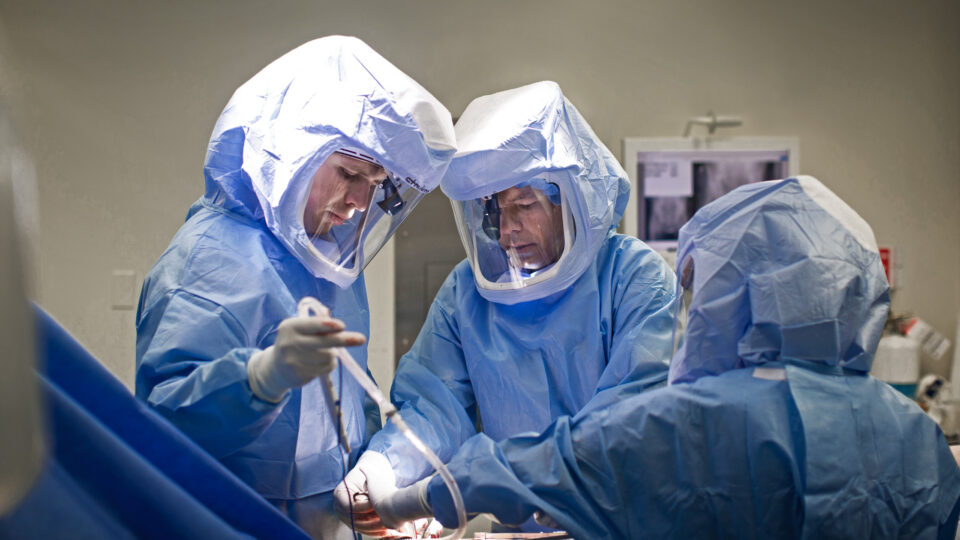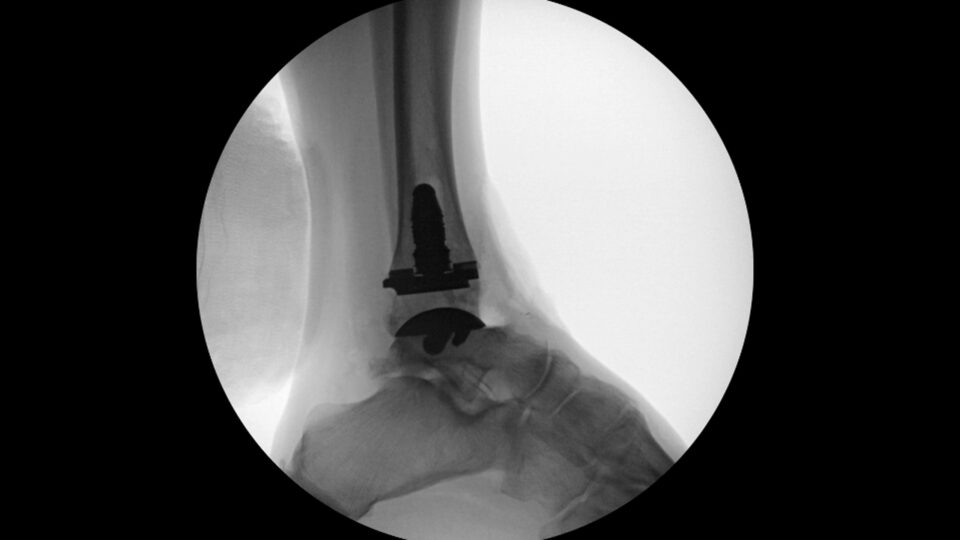Cannabidiol (CBD) significantly improves pain control and patient satisfaction in the immediate postoperative period after arthroscopic rotator cuff repair, according to a recent study in The American Journal of Sports Medicine. Led by investigators at NYU Langone Health, the research also offers preliminary evidence that higher CBD doses may yield better outcomes.
“CBD could be a powerful adjunct in postoperative care for patients with significant pain,” says Michael J. Alaia, MD, an associate professor of orthopedic surgery and co-director of the Sports Medicine Fellowship Program. Dr. Alaia is first author on the clinical study—one of the very first of its kind.
“This allows patients to have alternative treatments for pain management after something as painful as a rotator cuff surgery.”
Laith M. Jazrawi, MD
“This allows patients to have alternative treatments for pain management after something as painful as a rotator cuff surgery,” says study co-author Laith M. Jazrawi, MD, a professor of orthopedic surgery and chief of the Division of Sports Medicine. “It’s all about trying to figure out how we can manage pain in a complete way.”
Participants in the double-blind trial were randomly assigned to receive oral tablets containing 25 or 50 mg of CBD (based on their body weight) taken three times a day for 14 days, or placebos that were identical in taste and appearance. All study participants also received oxycodone/acetaminophen to take if needed.
Pain, as assessed by the visual analog scale, was significantly lower in patients receiving CBD than in those taking the placebo on postoperative day one. Moreover, satisfaction with pain control was significantly higher among those receiving CBD on postoperative days one and two. Opioid consumption remained low in both groups, the study found.
When broken down by subgroup, patients receiving 50 mg of CBD reported even lower pain scores and higher satisfaction than those receiving 25 mg, a finding that the group is investigating in follow-up studies.
“Surgeons and other physicians need to start at least considering cannabidiol as part of a multimodal pain management scheme.”
Michael J. Alaia, MD
A companion study found no negative impact of the CBD on the patients’ ability to heal after their rotator cuff repairs. A separate analysis of sports medicine orthopedic providers’ perceptions, though, revealed the need for more education on the effectiveness, potential applications, and safety profile of CBD.
To better understand the drug’s potential effect in alleviating chronic pain, the researchers are now conducting a randomized, controlled trial of 50 mg of CBD on roughly 100 patients with moderate knee osteoarthritis. “Surgeons and other physicians need to start at least considering cannabidiol as part of a multimodal pain management scheme,” Dr. Alaia says.
Disclosures: Dr. Alaia receives research support from Orcosa, Inc. He receives consulting fees for Depuy Mitek, JRF Ortho, Bodycad, and Arthrex. Dr. Jazrawi receives research support from Arthrex, Smith and Nephew and Depuy Mitek. He is on the medical advisory board for Lazurite.


